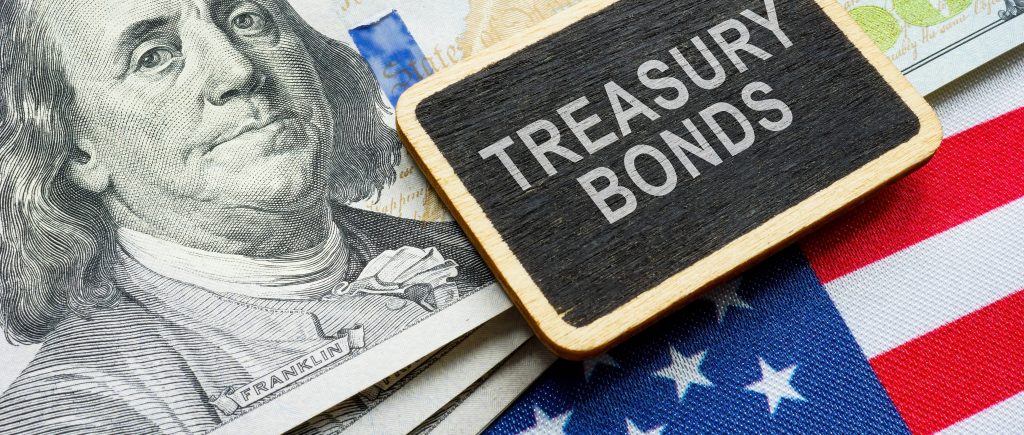Bill Ackman has just been crowned as the new king of the bond market as the US national debt and deficit reach historic highs. Ed Yardeni, an economist who spent decades on Wall Street at firms like Deutsche Bank, believes that bond guards are once again out in force, with Bill Ackman as the new leader.
US billionaire Bill Ackman, manager of Pershing Square Fund, has covered his short position in 30-year US bonds, citing lower returns and higher prices. Ackman cited the economy slowing faster than recent data and the risk of maintaining short positions at current rates. The 30-year Treasury bond yield has risen by over 80 basis points since August, making Ackman’s bet profitable. However, it fell by over 9 basis points to 4.998% after his statements. Ackman first revealed his bearish stance on 30-year Treasuries in August.
Ackman made a public bet against 30-year Treasuries at the start of August, arguing that rising federal deficits, gridlock in Washington, and structural changes to the global economy would lead to an era of higher inflation and fiscal instability.
This means investors should require more compensation in the form of higher yields for the increased risks of holding U.S. debt. New data from the Treasury Department shows the national deficit rose almost 25% year-over-year to $1.7 trillion for the fiscal year 2023, which ended September 30. Increased spending has pushed the national debt up over $10 trillion in the past decade, from $22 trillion in 2013 to well over $33 trillion today.
The interest expense on the national debt has soared 67% since the pandemic began, from $544 billion per quarter at the start of 2020 to $909 billion per quarter this summer. Ackman first publicized his big bond short on Aug. 2 in a post on X, formerly Twitter, just a day after Fitch Ratings downgraded US Treasuries’ credit rating from AAA to AA+. Between Aug. 2 and Oct. 23, when Ackman revealed he exited his short position due to a “slowing” economy and geopolitical risks, the 30-year bond yield soared from 4.11% to over 5%.
While it is difficult to fully measure the impact that bond guards are having on Treasury yields, the Fed does track the so-called “term premium” for the 10-year Treasury. The premium required for longer-term Treasury bonds has risen since its COVID-19 low, indicating that guards may be finally awakening again.
Ackman and other big investors may be pushing for more fiscal responsibility by betting against Treasuries, but it looks a dangerous time to be a bond guard. If the economy begins to struggle or the long-predicted recession rears its head, the Fed could cut interest rates, leading to falling long-term Treasury yields and rising bond prices.
 Noor Trends News, Technical Analysis, Educational Tools and Recommendations
Noor Trends News, Technical Analysis, Educational Tools and Recommendations





